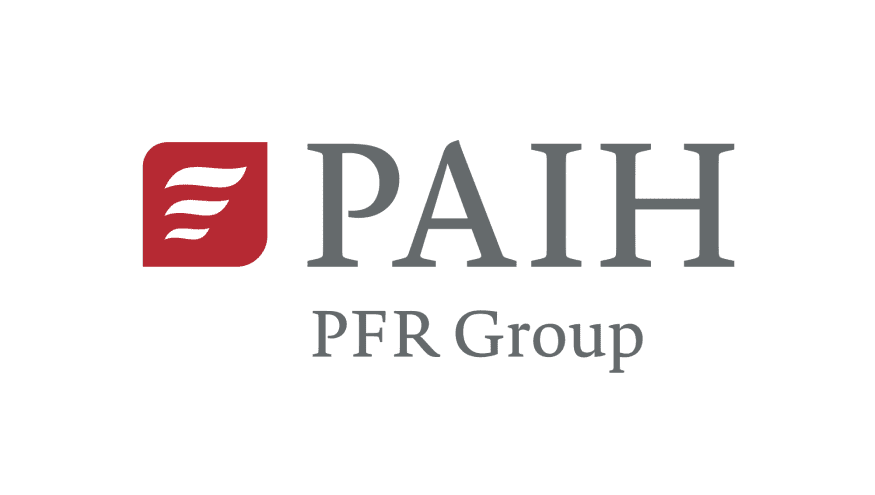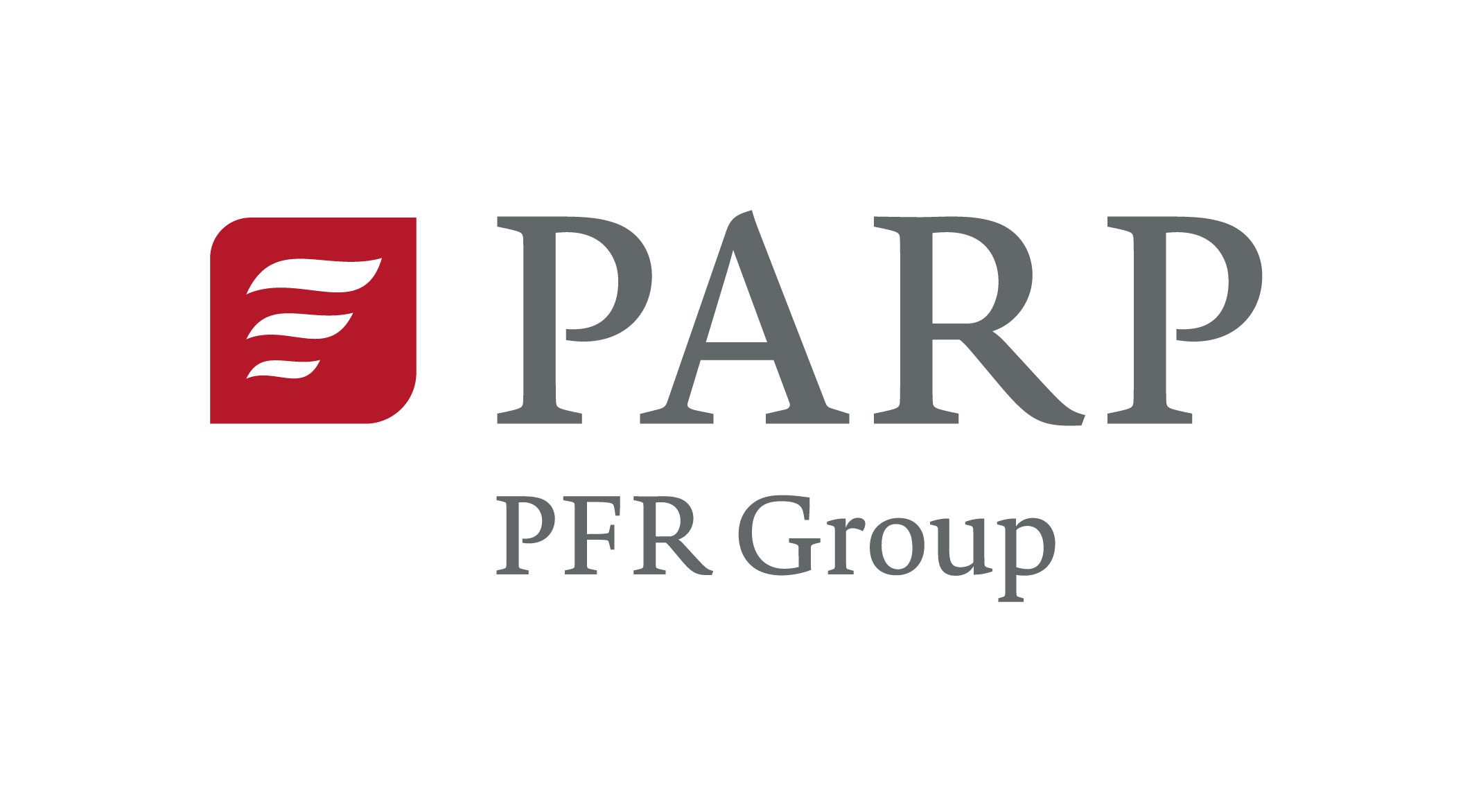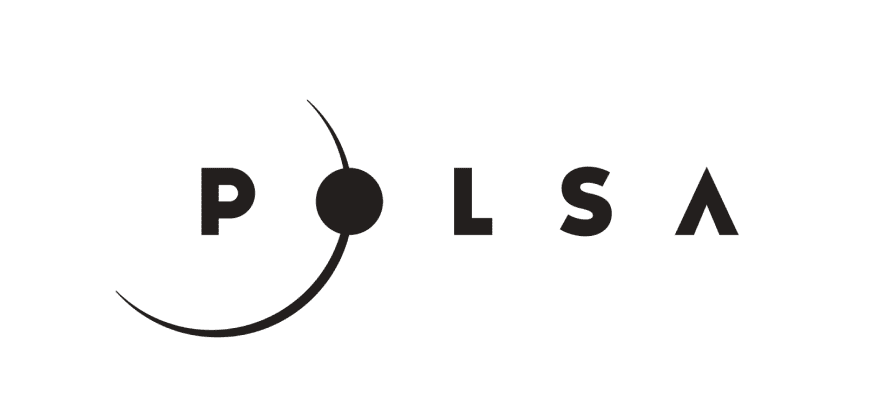07.05.2024
The work-life balance of busy Poles
Work-life balance is one of the elements of the Better Life Index, developed by the OECD to assess the quality of life in various countries. The components of this indicator include the number of working hours and the time spent resting, hygiene and self-care.

In 2022, Italy was the leader in work-life balance, where their result reached 9.4 out of 10 possible points. The Danes, Norwegians, Spaniards and Dutch are also among the European leaders, scoring 8.6 , 8,5; 8.4 and 8.3 points respectively. With a score of 6.5 points, Poland took a far off 25th place among the 41 countries analysed. At the same time, it was placed third from the end among the European Union countries. The number of Poles working very long hours was 4.2%, while the average number of hours spent on rest was 14.7%, which is 61% of a 24 hour day.
Poles are the second hardest working nation in the EU
In terms of the number of working hours per week, Poland is ranked second in Europe, with a result of 40.4 hours. Only Greece, where the number of working hours is 41 per week, is ahead of us. Bulgaria and Romania ( both with 40.2 hours ) and Portugal (40 hours) are also highly ranked. In contrast to these countries, the Dutch (33.2 hours), Germans (35.3 hours) and Danes (35.4 hours) have the least working hours per week.
The differences in the length of the working week are due, inter alia, to the different share of part-time workers and to the different legal and customary norms governing working hours. Although working hours in Poland have been reduced by half an hour in the last ten years, only 5% of workers are employed part-time, which is well below the EU average of 17%.
The Polish Economic Institute, based on research conducted among Polish companies, analysed the sort of solutions used in their companies to improve work-life balance.
Flexible forms of work in Polish companies
Companies which decide to introduce flexible forms of work see numerous benefits from such decisions. They recognize that flexibility at work is not only an effective tool for attracting and retaining employees, but also a way to increase their productivity and reduce costs. However, most employers believe that flexible working practices benefit employees more than companies.
Flexible working hours
In 2023, flexible working hours were the most commonly used solution in Polish enterprises, where almost every second company offered this option to its employees. This solution was particularly popular among micro and small companies, where 48% and 42% of them respectively introduced flexible working hours. In large companies, this percentage was lower and amounted to 30%. Part-time work was also more common in micro and small companies (39% and 37% respectively) than in medium and large ones where it was used by 34% and 29% , respectively. According to the declarations of management, in 2024 they plan to further expand the use of both flexible working hours and part-time work.
Remote or hybrid work
In 2023, one in three companies in Poland enabled their employees to work remotely or in hybrid form, and the same percentage of companies plan to continue to use this form of work in 2024. However, not all of these companies are planning to continue, 7% of companies that offered remote or hybrid work in 2023 do not intend to continue doing so in the following year. The four-day working week turned out to be by far the least popular form of flexible working, with only 1% of companies adopting this in 2023. In 2024, the percentage of companies declaring the introduction of this form of work increased to 2%.
Flexible working according to industry
Flexible working arrangements are particularly popular in companies in the scientific and technical fields, as well as in the information and communication industry. These areas are dominated by remote work, which is associated with 74% of responses, and flexible working hours, preferred by more than 60% of companies.
In the financial and insurance sectors, remote or hybrid work is a popular form, as confirmed by 62% of companies.
In the non-service sectors (66%), culture, leisure, entertainment (58%) and in the transport and warehousing sectors, flexible working hours are very popular, with 56% of companies offering them.
EU work-life balance directives
On 26 April 2023, an amendment to the Polish Labour Code came into force, which implements two important EU directives: the Work-Life Balance Directive for parents and carers (known as the Work-Life Balance Directive) and the Directive on transparent and predictable working conditions. As the new regulations have been in force in Poland for a relatively short time, it is difficult to clearly assess their comprehensive economic impact. However, from the perspective of employees, these changes bring clear benefits, such as increased access to carer’s leave and more precise working conditions guaranteed by the contract. Data from the Social Insurance Institution (ZUS) show that interest in parental leave among fathers in Poland is growing; At the beginning of 2023, about 1% of fathers took advantage of this, while in the third quarter, the number increased to nearly 6%.
Work-life balance and the benefits for companies
- As many as three-quarters of management staff admit that a better balance between the professional duties of employees and their private lives is very important. Effective management of priorities allows employees to use their working time more effectively and reduce stress related to an overload of duties, which directly translates into their satisfaction and loyalty to the employer.
- The research showed that 68% of companies considered it important to provide additional days to care for children or other dependents, and 65% of companies appreciated the possibility of taking additional parental leave. The ability to adjust working hours to the individual care needs of employees reduces their absenteeism from companies. This is evidenced by the decrease in the average number of sick leave days for employees between 2019 and 2023.
- Flexible forms of employment reduce the likelihood that employees will quit their jobs due to their caring responsibilities. This allows companies to retain employees with valuable skills and experience.
Source: Report “Work-life balance and flexible forms of work organization”, the Polish Economic Institute
- Everything
- News (254)
- Events (158)
- Get Support (82)
- Polish companies (988)
-

NVT spzoo
Show more Show lessNVT Sp. z o.o. is a Polish company specializing in developing and implementing advanced IT and ICT solutions. Based in Warsaw, with over 15 years of experience, NVT has successfully completed numerous projects across various industries, including telecommunications, media, production, and distribution. Their services encompass custom web and mobile applications, cloud solutions, DevOps services, and Java technology consultations. NVT providing Service Level Agreements (SLA) up to 99.99%.
 Article
ArticleTrade between the European Union and Poland with China in 2023-2024
The European Union and China are among the world’s most important trading partners
 Event
EventElectronics Show 2025
The Electronics Show is the largest event for the household appliances, electronics and smart home s…

BORMAX SPÓŁKA Z OGRANICZONĄ ODPOWIEDZIALNOŚCIĄ
Electronics and household appliancesDomestic appliancesElectronicsRenovation and construction materialsMachinery and parts thereofIndustrial machinery and mechanical appliances and parts thereofMeasuring instruments and apparatus and parts thereofAgricultural machinery and parts thereofOther instruments and apparatusElectromechanical appliances and parts thereofChemicalsOther goodsShow allShow more Show lessBormax Tool and Metal Center, established in 2001, is a leading supplier in Wejherowo, Poland, offering a comprehensive range of over 17,000 tools and accessories. Our 600 m² facility caters to businesses, individual customers, and public institutions, providing products from renowned brands like Makita, DeWalt, and Weber. With over 20 years of experience, our professional team ensures expert advice and on-site service, delivering reliable solutions for construction, renovation ect.
-
 Article
ArticleTrade between the European Union and Poland with China in 2023-2024
The European Union and China are among the world’s most important trading partners
 Article
ArticleThe Polish economy and critical dependencies on imports
In 2023 Poland imported 321 categories of goods that can be considered crucial for the economy
-
 Event
EventElectronics Show 2025
The Electronics Show is the largest event for the household appliances, electronics and smart home s…
 Event
EventWarsaw Food Expo 2025
Warsaw Food Expo is an international trade fair for premium food, organic food, artisanal food and V…
-
 Institution
InstitutionPolish Investment and Trade Agency (PAIH)
The Polish Investment and Trade Agency (PAIH) is the partner of first-resort for entrepreneurs when …
 Institution
InstitutionPolish Agency for Enterprise Development (PARP)
Polish Agency for Enterprise Development (PARP) mission is an implementation of economical developme…
-

NVT spzoo
Show more Show lessNVT Sp. z o.o. is a Polish company specializing in developing and implementing advanced IT and ICT solutions. Based in Warsaw, with over 15 years of experience, NVT has successfully completed numerous projects across various industries, including telecommunications, media, production, and distribution. Their services encompass custom web and mobile applications, cloud solutions, DevOps services, and Java technology consultations. NVT providing Service Level Agreements (SLA) up to 99.99%.

BORMAX SPÓŁKA Z OGRANICZONĄ ODPOWIEDZIALNOŚCIĄ
Electronics and household appliancesDomestic appliancesElectronicsRenovation and construction materialsMachinery and parts thereofIndustrial machinery and mechanical appliances and parts thereofMeasuring instruments and apparatus and parts thereofAgricultural machinery and parts thereofOther instruments and apparatusElectromechanical appliances and parts thereofChemicalsOther goodsShow allShow more Show lessBormax Tool and Metal Center, established in 2001, is a leading supplier in Wejherowo, Poland, offering a comprehensive range of over 17,000 tools and accessories. Our 600 m² facility caters to businesses, individual customers, and public institutions, providing products from renowned brands like Makita, DeWalt, and Weber. With over 20 years of experience, our professional team ensures expert advice and on-site service, delivering reliable solutions for construction, renovation ect.

TARSMAK GONDEK I WSPÓLNICY SPÓŁKA KOMANDYTOWA
Show more Show lessTarsmak is a Polish company with over 30 years of experience in producing sauces, mayonnaise, ketchup, and mustard. Specializing in high-quality products for the foodservice and gastronomy sectors, Tarsmak offers a wide range of sauces for meats, fish, salads, and snacks. The company exports all its products, including to the retail sector, providing solutions for both individual and B2B clients, with a strong focus on foodservice.

ZFP SPÓŁKA Z OGRANICZONĄ ODPOWIEDZIALNOŚCIĄ
Machinery and parts thereofIndustrial machinery and mechanical appliances and parts thereofShow allShow more Show lessZFP Sp. z o.o. is a Polish manufacturer of advanced hot stamping and laminating machines for paper and cardboard. With over 20 years of experience, we specialise in custom-built thermal and cold lamination solutions, sleeking, and post-press equipment. Our in-house design allows us to tailor machines to clients’ needs. We work globally, delivering innovation, precision, and reliability.
The Export Promotion Portal uses cookies to make it easier for users to use the website and for statistical purposes. If you do not block these files, you agree to their use and saving in the memory of your computer or other device. Remember that you can change your browser settings to block the storage of cookies. More information can be found in Privacy Policy and Terms and conditions.





